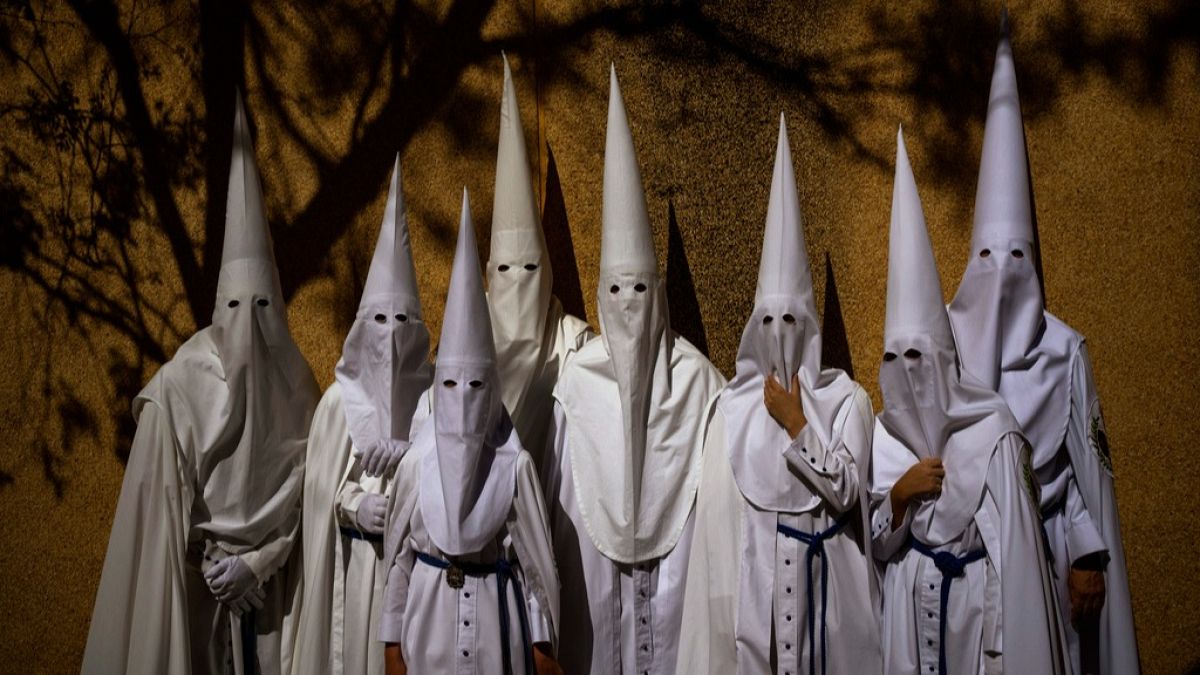Australia’s Macquarie Dictionary has selected its word of the year, and it encompasses a widespread feeling that things have been getting worse when it comes to all things digital. And more...
The Macquarie Dictionary, considered the standard reference on Australian English, has named "enshittification” as its 2024 Word of the Year.
It's a term that was coined by British-Canadian journalist Cory Doctorow in 2022 to describe what the dictionary defined as “the gradual deterioration of a service or product brought about by a reduction in the quality of service provided, especially of an online platform, and as a consequence of profit-seeking.”
Essentially when something gets more and more shit – especially when it comes to apps and digital platforms that start off useful and significantly worsen bit by bit.
Think what a loathsome tech bro did to a rebranded Twitter. Peak enshittification.
Doctorow described this deterioration as a three-part process: "First, platforms are good to their users; then they abuse their users to make things better for their business customers; finally, they abuse those business customers to claw back all the value for themselves. It’s frustrating. It’s demoralizing. It’s even terrifying."
The same word was named by both the People's Choice and the Committee's Choice.
The committee said the winner is a "very basic Anglo-Saxon term wrapped in affixes which elevate it to being almost formal; almost respectable.”
“This word captures what many of us feel is happening to the world and to so many aspects of our lives at the moment."
The colloquial noun beat other words including "rawdogging" (undertaking a long-haul flight with no entertainment); "right to disconnect" (a law which grants employees the right to not work or be contacted about work during non-work hours); and "brainrot" (content considered to be of low quality in terms of intellectual stimulation).
Macquarie is not the only dictionary choosing its word of the year.
So far, we’ve had Collins Dictionary (“Brat”), Cambridge Dictionary (“Manifest”) and we’re waiting for Oxford Dictionary’s pick.

 4 months ago
35
4 months ago
35






 We deliver critical software at unparalleled value and speed to help your business thrive
We deliver critical software at unparalleled value and speed to help your business thrive






 English (US) ·
English (US) ·